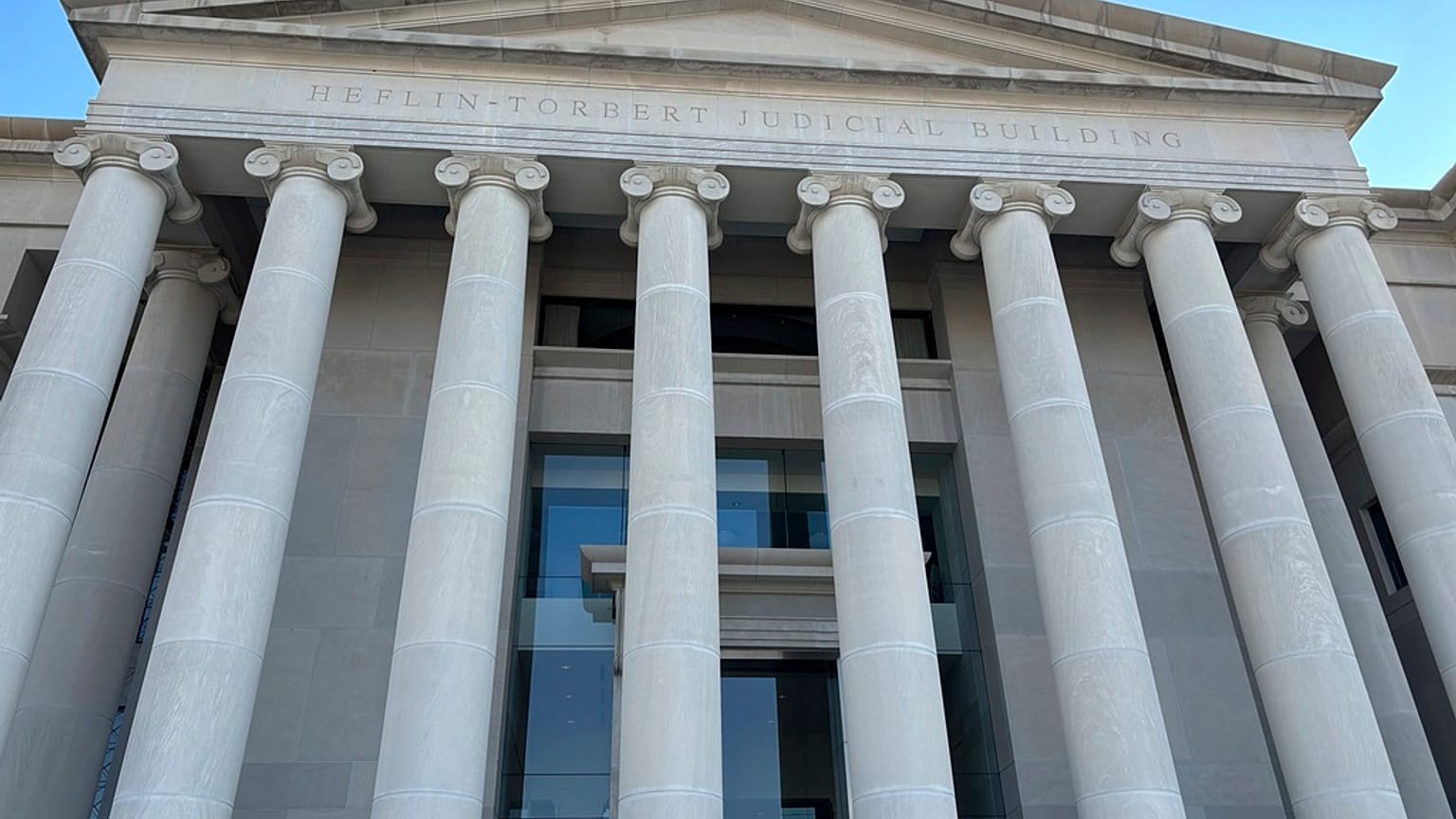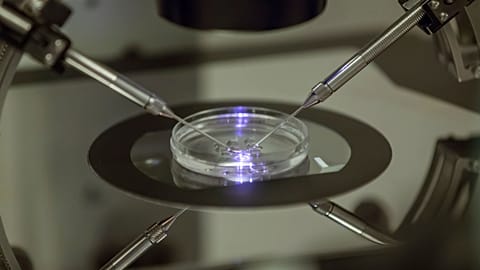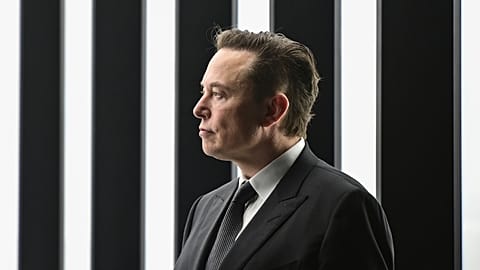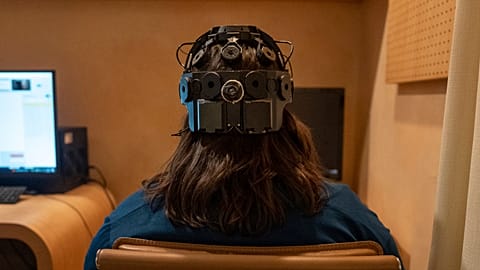The US state of Alabama's Supreme Court recently ruled that frozen embryos can be considered children under state law.
A hospital in Alabama paused in vitro fertilisation (IVF) treatments after the US state's Supreme Court ruled that frozen embryos are children.
The state's largest hospital system said that it would evaluate whether patients or doctors could face criminal charges for IVF treatments.
“We are saddened that this will impact our patients’ attempt to have a baby through IVF," the statement from spokeswoman Savannah Koplon at the University of Alabama at Birmingham read.
IVF involves retrieving a woman's eggs and combining them in a laboratory with a man's sperm to create an embryo, which is kept frozen.
This is then transferred into a woman's uterus and can be a solution for people who are having trouble getting pregnant.
The recent Alabama Supreme Court ruling found that frozen embryos can be legally considered children in the state.
It was issued after three couples who had frozen embryos destroyed in an accident at a fertility clinic sued.
Experts have said that the ruling calls into question the practice of IVF.
The all-Republican judges on the court ruled that the state's act on the wrongful death of a minor applied to all unborn children "regardless of their location".
How US abortion ruling influences fertility treatments
The US Supreme Court's decision to overturn Roe v. Wade in 2022 sparked speculation about how the ruling could lead to problems with fertility care, said Greer Donley, an associate professor at the University of Pittsburgh School of Law.
“This is one of the first places that is proving that," she said.
Donley expects that IVF will remain available in Alabama but that instead of storing embryos, they will be moved to other states. This would increase the cost, logistical challenges and risks of the procedures.
Since 2022, four states have amended their constitutions to protect access to abortion, and several others are considering ballot measures for this year.
In many, the language goes beyond allowing abortion to give people rights to reproductive freedom more broadly, which could ensure access to IVF.


















